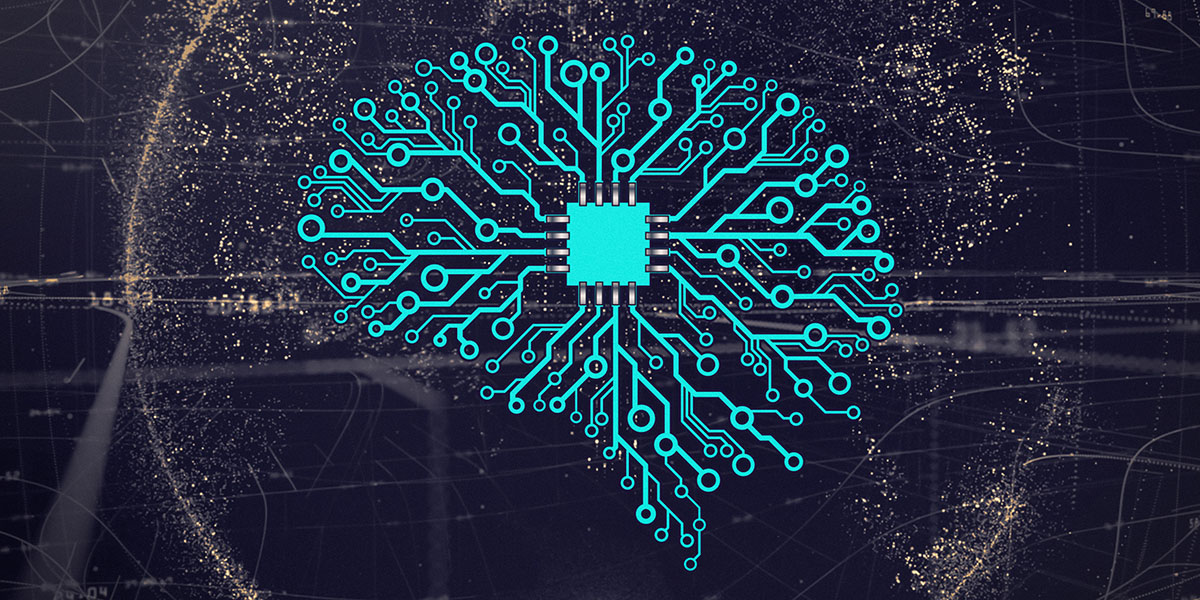This development responds to the explosive rise of deepfake technology — AI-generated videos or audio that mimic real people with uncanny precision. While some are used for satire or entertainment, others have been deployed for misinformation, harassment, scams, or identity theft.
For Christians and others concerned with the dignity of the human person, the stakes are more than legal — they’re moral.
Encouraging Europe
Under the proposal, Danish citizens could request removal of AI-generated imitations of themselves and seek civil compensation. Platforms hosting such content would face stiff penalties for noncompliance, and Denmark hopes to encourage similar protections throughout Europe during its presidency of the EU Council this year.
Importantly, the law would still allow for satire and parody — categories traditionally protected in liberal democracies — but it draws a clear line around non-consensual impersonation.
While copyright is often thought of in terms of music or writing, this shift recognizes the obvious: We are not just content; we are persons. And persons are not raw material for digital replication.
As the late Pope Francis wrote in his 2024 message for World Communications Day, “The use of artificial intelligence can help or hinder authentic human communication.” This law tries to steer AI toward service, not exploitation.
From a Catholic perspective, this initiative echoes the Church’s long-standing teaching on human dignity. The Catechism affirms that “the human person … is the only creature on earth that God has willed for its own sake” (CCC 1703). Treating someone’s likeness as a commodity — or worse, a tool for deception — undermines that sacred worth.
By giving individuals legal control over their digital image, Denmark’s proposal protects not just reputations, but relational truth.
The implications go beyond celebrities or public figures. Everyday people — teachers, parents, teenagers — are increasingly vulnerable to AI-driven manipulation. Whether through fake interviews, synthetic pornographic content, or AI-generated scams, the threats are real, and often traumatizing. A legal framework like Denmark’s could help ensure that we don’t have to sacrifice human integrity on the altar of innovation.
Of course, enforcing such laws across borders remains a challenge. But Denmark’s move may spark broader reflection in Europe and beyond. Can tech companies be held responsible for the misuse of the tools they host? Can legal systems adapt quickly enough to protect the vulnerable? And can society recover the conviction that every person’s face, voice, and story is uniquely their own?



